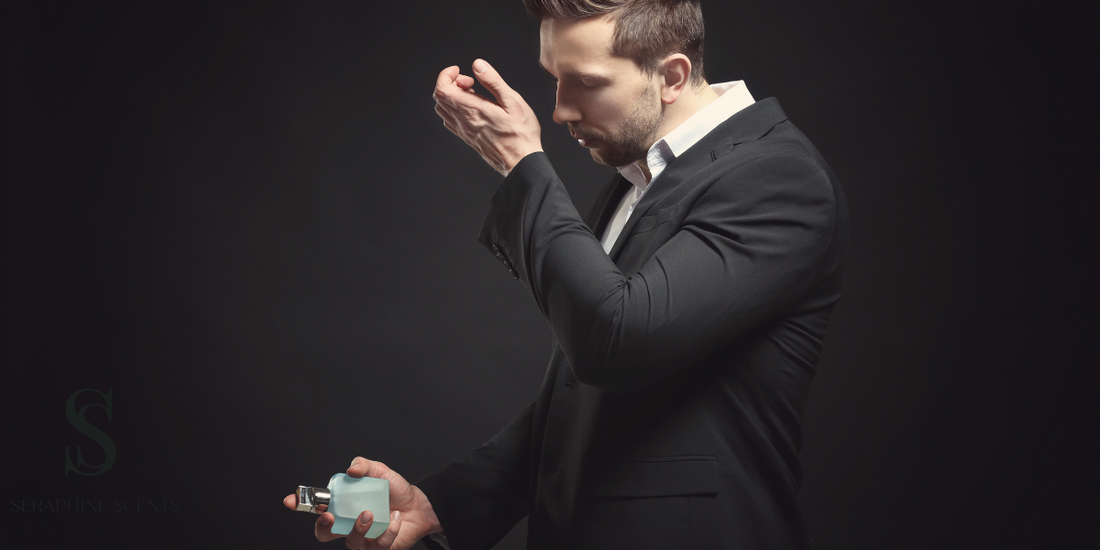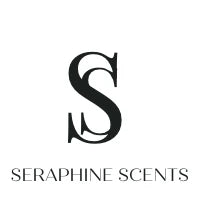
Fragrance vs Perfume: What’s the Difference and Why It Matters
Have you ever wondered what the difference is between “fragrance” and “perfume”? You’re not alone. These two words are often used interchangeably — but in the world of scent, they don’t always mean the same thing. Understanding the distinction can help you make better choices as a consumer, especially when buying luxury or designer scents in Singapore.
In this guide, we’ll explain the core differences between fragrance and perfume, how each term is used in the perfume industry, and why it matters when shopping for your next signature scent. This article is ideal for fragrance beginners, beauty buyers, and anyone interested in the science and language behind scent.
What Is a “Fragrance”?
In broad terms, “fragrance” refers to any pleasant-smelling substance used in personal care, home, or lifestyle products. It’s a general term used across industries — from shampoos and soaps to candles and perfumes.
In the cosmetics world, “fragrance” typically refers to the scent formula itself — a blend of aromatic compounds, natural oils, and synthetic molecules. It can be used in:
- Perfumes and colognes
- Lotions and creams
- Soaps and body washes
- Household air fresheners
On product labels, you’ll often see the word “fragrance” listed as an ingredient — this usually refers to a proprietary blend used to scent the product.
What Is “Perfume”?
“Perfume” — or more accurately, “parfum” — refers to a specific category of scented product. Perfume is a personal fragrance with a high concentration of aromatic oils, typically between 20–30%. It’s more intense, longer-lasting, and richer than other fragrance types.
Perfume is one of several types in the fragrance hierarchy, which includes:
- Parfum (Perfume): 20–30% fragrance concentration
- Eau de Parfum (EDP): 15–20%
- Eau de Toilette (EDT): 5–15%
- Eau de Cologne (EDC): 2–5%
- Body Spray/Mist: 1–3%
So, while all perfumes are fragrances, not all fragrances are perfumes.
Fragrance vs Perfume — Key Differences
| Aspect | Fragrance | Perfume |
|---|---|---|
| Meaning | General term for any scent | Specific product with high oil concentration |
| Usage | Used in many products (cosmetics, candles) | Worn on skin for personal scent |
| Label Reference | Appears as an ingredient | Appears as a product name/category |
| Concentration | Varies widely | Usually 20–30% |
Why This Matters When Shopping for Perfume
Understanding the difference helps you:
- Choose the right strength and lasting power for your lifestyle
- Read product descriptions more clearly
- Avoid confusion when comparing prices or product types
- Appreciate the craftsmanship behind high-end perfumes
Explore our full collection of authentic fragrances and perfumes — from eau de toilette sprays to rich extrait de parfums crafted for long-lasting wear in Singapore’s climate.
Perfume Concentration and Performance
Perfume (parfum) is the most concentrated and typically lasts the longest — up to 10+ hours on skin. EDPs and EDTs are more common for daily wear due to their balance of strength and freshness.
In Singapore’s warm, humid climate, we recommend exploring our best-selling perfumes that perform well throughout the day with just a few sprays.
Common Myths: Fragrance vs Perfume
- “Perfume is only for women” – False. Perfume refers to concentration, not gender. There are plenty of masculine and unisex perfumes.
- “Fragrance-free means unscented” – Not necessarily. It may still contain masking agents to neutralize scent.
- “All perfumes are natural” – Many contain synthetic components to enhance longevity and stability.
How to Choose the Right Scent Type for You
If you want:
- All-day intensity – go for Parfum
- Everyday use – try Eau de Parfum or Eau de Toilette
- Budget-friendly light wear – start with body sprays or mists
Want a luxury scent without overspending? Discover our under-$50 luxury perfume collection — perfect for everyday wear and gifting.
Conclusion: Words Matter When It Comes to Scent
The difference between fragrance and perfume isn’t just semantics — it influences how a product is made, how it performs, and how it should be used. Knowing these distinctions empowers you to shop smarter, ask the right questions, and build a scent wardrobe that fits your lifestyle and budget.
Start exploring the world of scent with confidence. Visit Seraphine Scents to shop our curated range of authentic fragrances, perfumes, and scent types — all delivered fast across Singapore.

